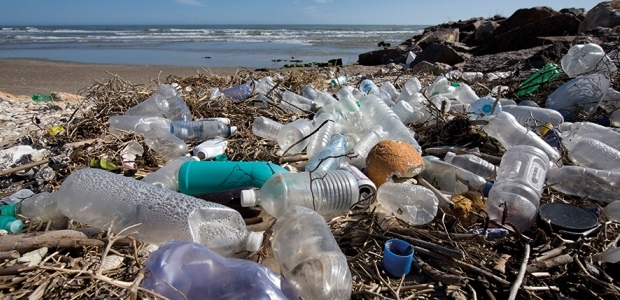
Spain Joins UN Clean Seas Campaign
The announcement came Oct. 18 at the Volvo Ocean Race Ocean Summit in Alicante.
The government of Spain announced Oct. 18 it is joining the UN Clean Seas campaign , which as a result has 32 member states. Its goal is to "turn the tide on plastic" by inspiring action from governments, businesses, and individuals. Spain's announcement came at the Volvo Ocean Race Ocean Summit being held in Alicante and is considered a big boost for the program, according to UNEP, because Spain has the world's 14th largest economy.
"Over the past six years, we have been developing Spain's new Marine Strategy, and one of its main goals is to tackle marine litter," said Raquel Orts Nebot, Spain's director general for Coast and Sea Sustainability. "In this regard, I confirm that Spain is joining the UN Clean Seas Campaign with the firm purpose of supporting this global initiative and contributing to its impact worldwide."
"Spain's engagement in this campaign sends an important message across the Mediterranean region and the world," said Erik Solheim, the head of UN Environment. "Our oceans are so fundamental to our survival that we must do everything we can to protect them."
According to UNEP, mankind had produced 8.3 billion tons of plastic up to 2015 and at current rates, by 2050 there will be more plastic than fish in the oceans. Some 6.3 billion tons already have been discarded, and some 8 million tons are dumped into the oceans every year -- including cups, bags, straws, bottles, and microplastics, which are tiny particles of plastic from cosmetic products. Plastics in the oceans kill birds, fish, and other animals that mistake plastic for food; damage tourist spots; and harm marine fisheries.
The #CleanSeas campaign asks governments to enact effective national laws and to encourage businesses and their citizens to develop new, more sustainable patterns of production and consumption. Major pledges from countries that have joined the campaign include Indonesia's commitment to slash marine litter by 70 percent, Canada's adding microbeads to its list of toxic substances, and bans on microplastics in New Zealand, the UK, and the United States.